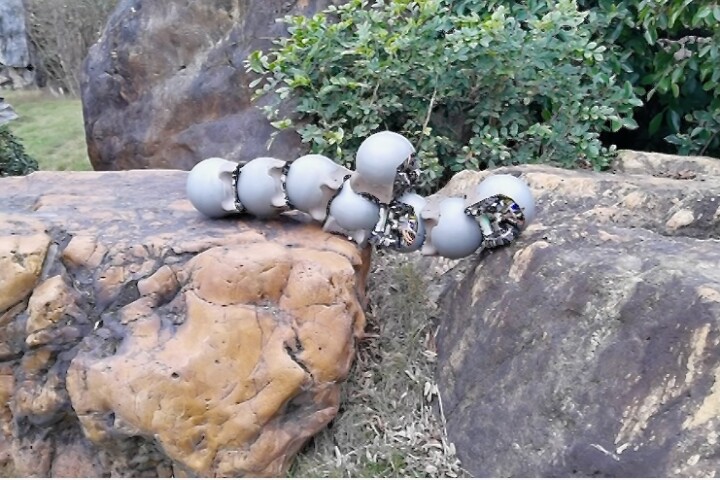Melbourne folk do love their coffee, and one day the beverage mightn't be just pepping them up for a day's work but paving the way for their trip into the office. Swinburne University researchers have scoured the campus' cafes for coffee grounds and used them as part of the mix for a more sustainable road construction material.
The research was led by Professor Arul Arulrajah who heads up the university's Centre for Sustainable Infrastructure. His work has focused on how other recycled materials like broken up brick, glass and concrete might be repurposed for use in more efficient road construction.
"I see the baristas throwing away the used coffee grounds and I think, 'why not look at this as an engineering material?'" he says.
So Arulrajah and his research team gathered up coffee grounds from cafes around the university and dried them out in an oven for five days at 50° C (122° F). They filtered the coffee to remove lumps and then mixed it with a waste product from steel manufacturing called slag, seven parts to three.
After adding a liquid alkaline solution to bind it all together, the team then compressed the mix into cylindrical blocks. Their testing showed that the blocks were robust enough to be used as a subgrade, the material that sits beneath the road surface.
Mounting environmental concerns over the impact of the coffee trade have spawned a number of imaginative uses for the many millions of tons of used grounds that are generated each year. These have included efforts to turn them into biofuels for single cars and even large cities, recycling them as a carbon capture material, and as the basis of universal robotic grippers.
The Swinburne University researchers say that if their approach was scaled up and they were given free rein over the city's discarded grounds, they could one day offer a greener path forward.
"On average the cafes we collect from dispose of about 150 kg (330 lb) of coffee grounds per week," says Professor Arulrajah. "We estimate that the coffee grounds from Melbourne's cafes could be used to build five kilometres (3.1 mi) of road per year. This would reduce landfill and the demand for virgin quarry materials."
The work was published in the journal Construction and Building Materials.
Source: Swinburne University





